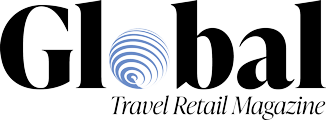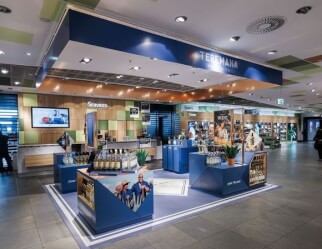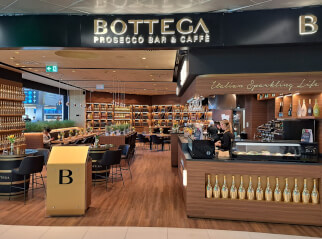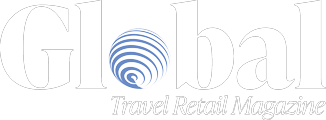IATA says social distancing on aircraft not feasible; masks and other measures adequate
The International Air Transport Association (IATA), which represents approximately 290 airlines comprising 82% of global air traffic, has announced its support of face coverings for passengers and masks for crew, and opposes the hypothesized social distancing measures aboard aircraft that would leave middle seats empty. These measures would result in a maximum load factor of 62% — well below the average industry breakeven load factor of 77%.
Social distance measures are not feasible, according to IATA. Implementing this, which would not even meet the current social distancing standard, would force one of two scenarios: either the respective airline would be unable to continue operating, or ticket prices would be forced up considerably, meaning an end to low-cost travel. Compared to 2019, air fares would need to rise between 43% and 54%, depending on the region, just to cover costs.
Breakeven Load Factor Average Fare 2019 Average Fare with Social Distancing Increase in Average Fare
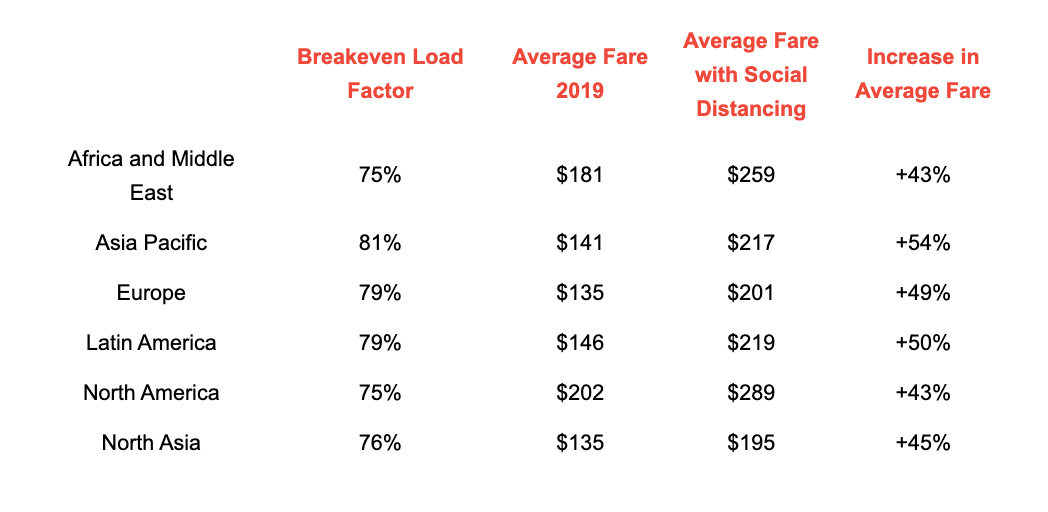
“Airlines are fighting for their survival. Eliminating the middle seat will raise costs. If that can be offset with higher fares, the era of affordable travel will come to an end. On the other hand, if airlines can’t recoup the costs in higher fares, airlines will go bust. Neither is a good option when the world will need strong connectivity to help kick-start the recovery from COVID-19’s economic devastation,” said Alexandre de Juniac, IATA’s Director General and CEO.
Reducing low risk even further
According to IATA, evidence suggests that the risk of transmission on board aircraft is already low, and if passengers and crew wear masks that will reduce the risk even further.
IATA suggests the following measures to reduce the “already low” risk of onboard transmission of the virus.
In addition to face coverings, the following measures are being proposed:
• Temperature screening of passengers, airport workers and travelers
• Boarding and deplaning processes that reduce contact with other passengers or crew
• Limiting movement within the cabin during flight
• More frequent and deeper cabin cleaning
• Simplified catering procedures that lower crew movement and interaction with passengers
Why transmission is low
In numerous cases it has been demonstrated that COVID-19 is unlikely to be transmitted to others during air travel. Here are a few plausible reasons suggested for why COVID-19 is not easily transmitted during air travel:
• Passengers face forward with limited face-to-face interactions
• Seats provide a barrier to transmission forward or aft in the cabin
• Air flow from ceiling to floor further reduces the potential for transmission forward or aft in the cabin, moreover, air flow rates are high and not conducive to droplet spread in the same way as in other indoor environments.
• High Efficiency Particulate Air (HEPA) filters on modern aircraft clean cabin air to hospital operating theater quality, further assisted by high levels of fresh air circulation
“The safety of passengers and crew is paramount. The aviation industry is working with governments to re-start flying when this can be done safely. Evidence suggests that the risk of transmission on board aircraft is low. And we will take measures—such as the wearing of face coverings by passengers and masks by crew—to add extra layers of protection. We must arrive at a solution that gives passengers the confidence to fly and keeps the cost of flying affordable. One without the other will have no lasting benefit,” de Juniac said.
Long-term solution
“We need a vaccine, an immunity passport or an effective COVID-19 test that can be administered at scale. Work on all of these is promising. But none will be realized before we will need to re-start the industry. That’s why we must be ready with a series of measures, the combination of which will reduce the already low risk of inflight transmission. And we must be careful not to hard-wire any solution so we can be quick in adopting more efficient measures as they will undoubtedly become available,” said de Juniac
